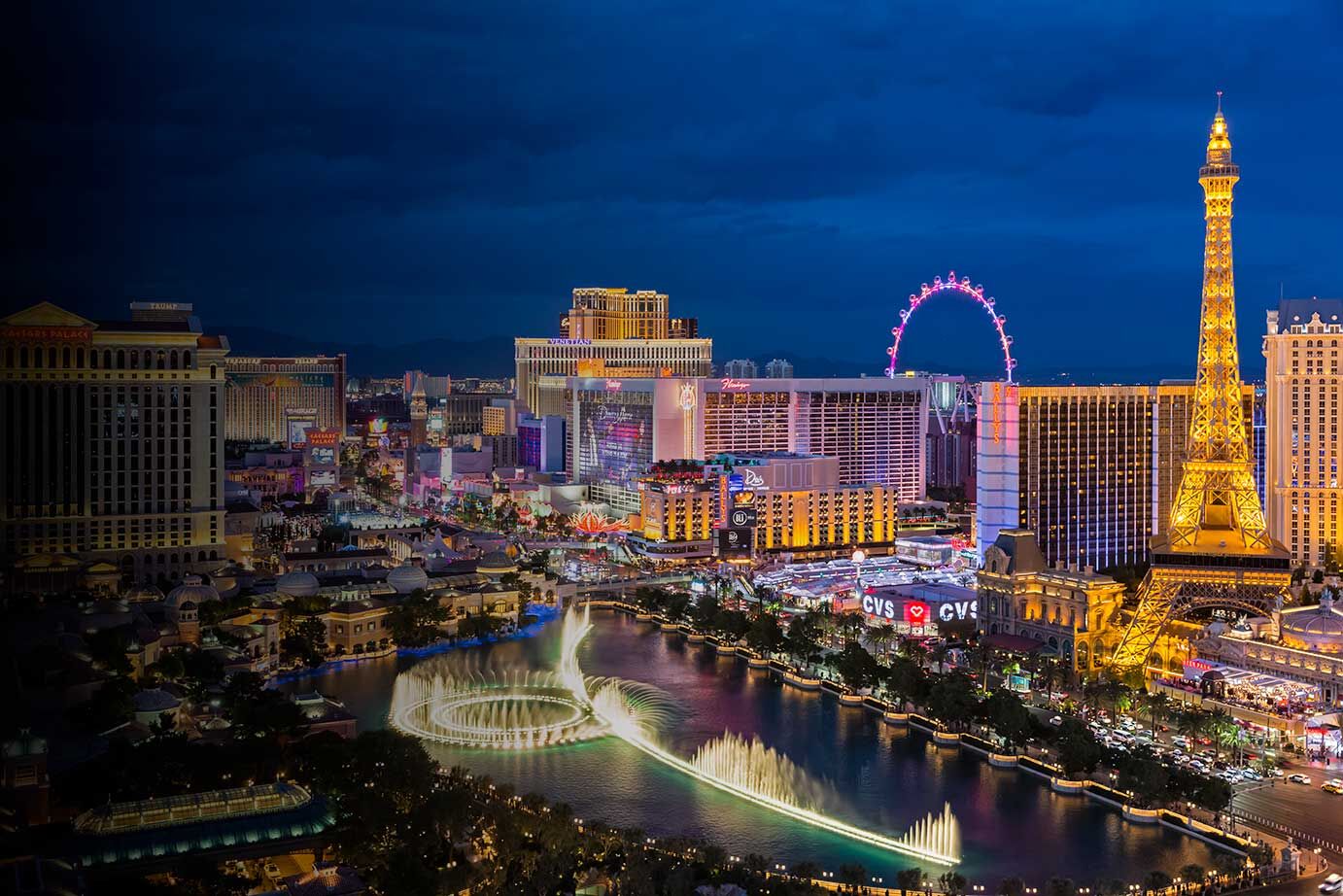
Civil liberties has been described by some as the “glue that holds the Coalition Government together”, possibly because there is very little else upon which they would naturally find common ground.
The Liberal Democrats made a big deal of civil liberties in the General Election and it was a significant portion of their Election Manifesto. Given the number of pledges that the Liberal Democrats have had to ditch, it’s not surprising that they would hang on to this like the survivor of a plane crash clinging to a life jacket.
From the Conservative Party point of view, civil liberties was not a big part of their Election Manifesto – David Davis was the only Conservative to campaign for the leadership on a platform of civil liberties and look how much that helped him – but the Party can broadly agree with the Lib Dems on this point.
However, when it comes to how to regulate CCTV, you come up against the fundamental dichotomy between the two parties: the Lib Dems are instinctively in favour of more regulation while the Conservatives want to cut it as fast as possible (remember the Bonfire of the Quangos?).
So it shouldn’t come as any surprising then that the Protection of Freedoms Bill is such a mess.
The sections of the Bill that are of primary interest to the CCTV and security industry are Chapters one and two of Part 2: “Regulation of Surveillance”.
Chapter one makes provision for further regulation of CCTV and ANPR but the key question I keep hearing from the industry is why.
Why do we need another code of practice for CCTV and ANPR? The industry already has the CCTV Code of Practice, produced by the Information Commissioner, as well as advice and guidance from the Office of Surveillance Commissioners. That’s two regulators and two codes of practice already in place, and now the government is proposing to introduce a third: the Surveillance Camera Commissioner.
Again, you have to ask why?
Chapter two of the Bill requires local authorities to obtain the approval of a magistrate before exercising covert investigatory powers under RIPA (the Regulation of Investigatory Powers Act 2000).
This is the Coalition’s response to so-called abuses of RIPA which have either been dreamed up by certain media outlets or blown out of all proportion.
Meanwhile, the Coalition ignores the very real potential for abuse of our CCTV networks by gung-ho police officers and ignores the activities of the private sector who can collect – and do collect – far more data than the public sector.
Chapter two also makes no attempt to reconcile the Information Commissioner with the Surveillance Commissioners, a major shortcoming of existing legislation which has placed the industry in the middle trying to make sense of sometimes conflicting advice.
On top of this, the Bill provides no teeth, no penalties nor sanctions. In section 34: “Commissioner in relation to code”, it says the Commissioner will have functions including:
“encouraging compliance with the surveillance camera code”.
Encouraging compliance is not the same as enforcing compliance.
And in 33: “Effect of code”, it says relevant authorities
“must have regard to the surveillance camera code when exercising any functions to which the code relates”.
“Must have regard to” is not the same as “must comply”.
The Protection of Freedoms Bill looks suspiciously like a sop to placate the civil libertarians while imposing further, unnecessary and confusing regulation on the industry.
This Bill begs the question, did the Government consult with the existing regulators or the industry when they were drafting it? Or did the “consultation process” consist entirely of reading back issues of The Daily Mail?
Let’s hope that as the Bill goes into the Committee Stage, our MPs address these issues.



























